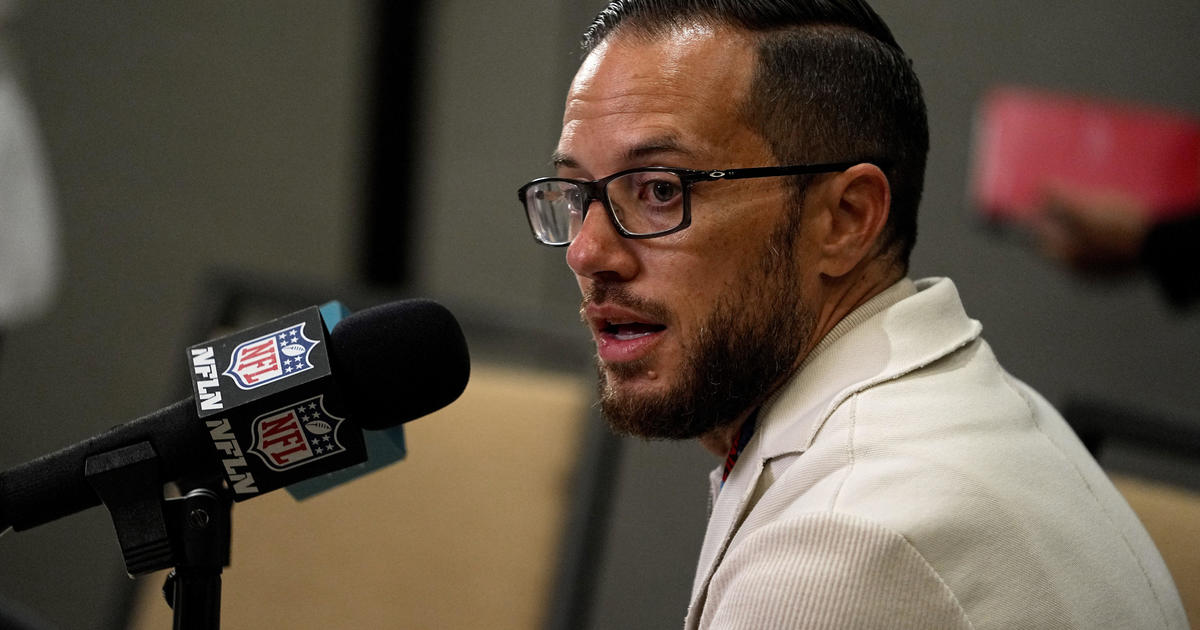Love Is In The Air As Gator Mating Season Arrives
MIAMI (CBS4) -- Love is in the air, if you're an alligator or crocodile. As summer approaches and temperatures continue to rise, you might have a few more gator sightings because amorous alligators and frisky crocs become more active as they look for potential mates during the peak of mating season.
The sudden activity follows several months of almost bear-like winter hibernation, according to experts. It's likely more alligators will be seen in lakes, rivers and habitats where they live and males will also move over land during this time of year, from one body of water to another.
Experts say that seasonal rains that cause water levels to rise can also create temporary habitats in newly formed bodies of water for mating gators.
Once on the edge of extinction, alligators are now considered fully recovered in all of their native-range states, according to the Florida Fish and Wildlife Conservation Commission. Experts believe there are more than a million alligators in Florida, residing in all of the state's 67 counties.
You can find them on your front lawn, in your swimming pool and even in your house, if you're not careful. Awareness and understanding are the keys for learning how best to live near the areas they inhabit.
While experts say gators aren't as aggressive during mating season, it's still best to keep your distance, especially when you know one is nearby.
Here are some important gator tips to remember:
*Alligators live in both fresh and brackish water. Never swim or wade in waters not posted for swimming, especially near dusk or at night.
*Never feed an alligator. Doing so can make them unafraid of humans and is against the law in Florida.
*Closely supervise children and pets and never let them play near any body of water unattended.
*Observe and photograph alligators only from a safe distance. They are capable of short bursts of speed and can raise themselves up by several feet. So, give them a wide berth.
*If attacked, make as much noise as possible and try to hit or poke at the alligators eyes. They are more likely to release prey that fights back.
*Seek medical attention immediately. Even minor bites from a small gator can cause serious infections.
*Don't try to pretend you are like the "guys you see on TV" and think you can deal with these creatures. Call in the professionals when you encounter an aggressive alligator.
Call the Florida Fish and Wildlife Conservation Commission Alligator Hotline (866-392-4286) for any gator over four feet in length that you feel is posing a threat to life or property.
Every year the Conservation Commission gets nearly 20,000 calls to its nuisance alligator hot line, 1-866-FWC-GATOR (392-4286). About half of those calls result in gators being removed.
Calls begin to spike in the spring when the frisky gators get a boost of metabolism. Females build nests and lay eggs in late June-July.



